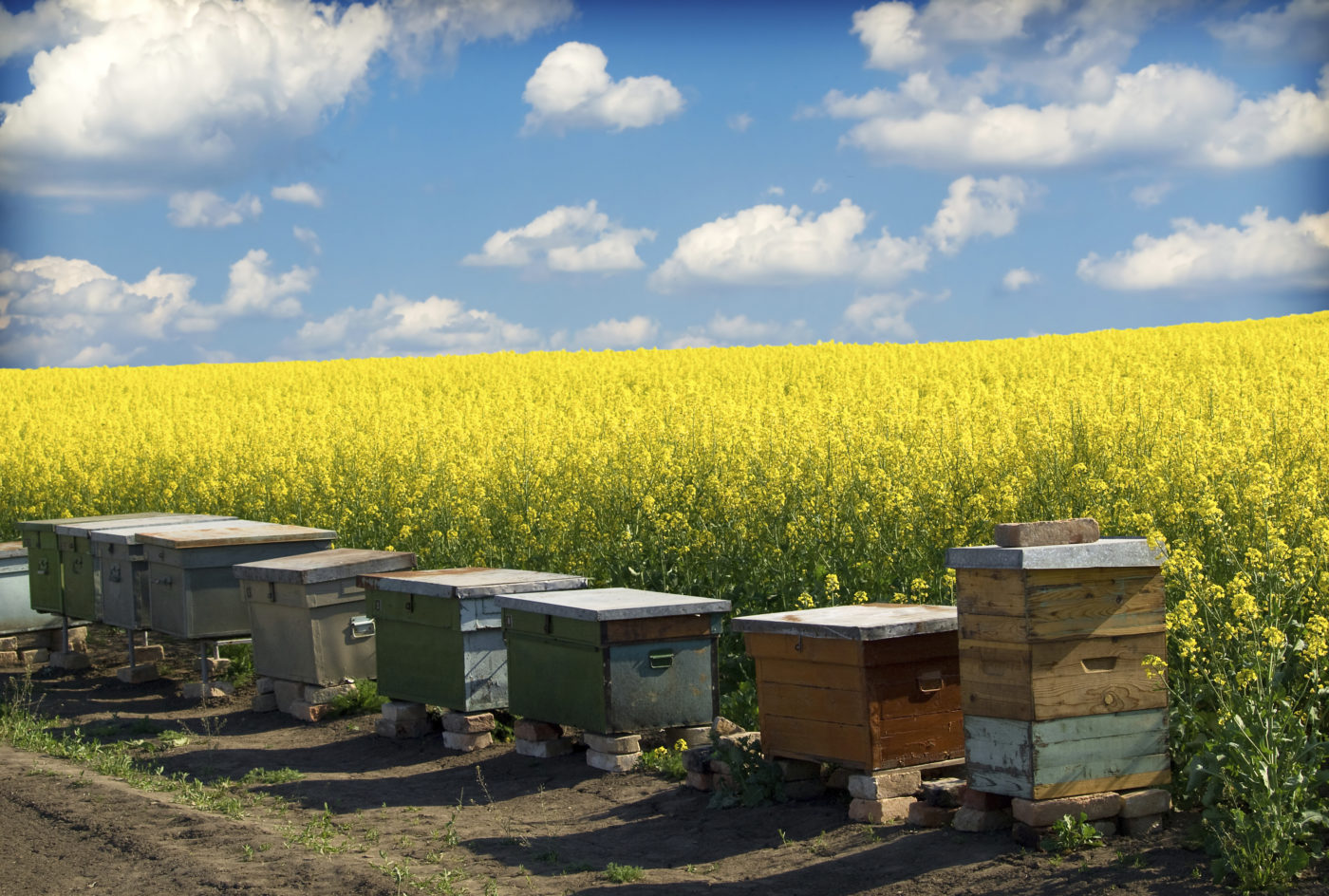World first app for Australian farmers and beekeepers to assist protect pollinators
25 September 2014 (Canberra) – Australian farmers and beekeepers now have access to a world-first smart-phone application to help ensure the safety of bees during normal farming practices. CropLife Australia, the peak national organisation for the plant science sector, today launched BeeConnected, a first of its kind geomap based, user-driven communication and coordination tool to help protect Australia’s honey bee population.
Chief Executive Officer of CropLife Australia, Matthew Cossey, said “Australia has one of the healthiest honey bee colonies in the world, responsible for the pollination of many of Australia’s food crops and it’s therefore essential we all assist in keeping it that way. CropLife Australia’s consultation on new and world leading stewardship programs with both farmers and beekeepers identified an opportunity to enable easy and effective communication between the parties. For this reason, CropLife Australia, in partnership with the Australian Honey Bee Industry Council, has today launched BeeConnected, a world-first innovative communication tool to enable collaboration between farmers and beekeepers.”
The Executive Director of the Australian Honey Bee Industry Council, Mr Trevor Weatherhead, said BeeConnected enables two-way communication between farmers and beekeepers that will help protect pollinators while ensuring personal privacy.
“The Australian Honey Bee Industry Council is proud to partner with CropLife Australia in promoting the use of such an innovative tool that will help beekeepers and farmers work together to keep bees healthy,” said Mr Weatherhead.
“It’s easy to take for granted the importance of honey bees and pollination however, the financial value to agricultural and horticultural crops is estimated at approximately $4 to $6 billion annually. Beekeepers and the cropping community working together will help to limit any potential damage to bees.”
Mr Cossey said improved communication between users of crop protection products and beekeepers using BeeConnected can further reduce the risk of unintended exposure of bees to any products that may have the potential to negatively impact bee health. BeeConnected uses latest technology to provide a convenient, efficient medium for this communication to take place.
“BeeConnected allows farmers to easily log the location of their properties through a Google Maps-based platform with GPS capability. Beekeepers can use the same functions to log the present or future locations of their beehives. When a beehive is logged nearby to a farmer’s property, both users are sent automated notifications and are able to chat further about their activities via a secure internal messaging service.
“Farmers and agricultural service contractors can also use BeeConnected to log the time and location of a specific crop protection product application activity. They are then connected with beekeepers in the specific geographical area by the same alert and messaging system.
“CropLife Australia and our members have invested significant time, money and resources into the development of the app and are very proud to again be implementing and facilitating world-leading industry stewardship initiatives,” said Mr Cossey.
“CropLife is very pleased that all of Australia’s state farmer organisations and a number of key agricultural producer groups have joined the initiative as official supporters and will be promoting use of the app amongst their members. BeeConnected is officially supported by the Aerial Agricultural Association of Australia, AgForce Queensland, Australian Seed Federation, AUSVEG, Grain Producers Australia, Grain Producers SA, NSW Farmers, Northern Territory Farmers Association, Queensland Farmers’ Federation, Tasmanian Farmers & Graziers Association, Victorian Farmers Federation, and WAFarmers.
“A 2013 report by Deloitte Access Economics calculated that 76 per cent of Australian agricultural production can be attributed to the use of chemical crop protection products. At the same time, 65 percent of the species of crops grown in Australia since European settlement are dependent on honey bee pollination. When used responsibly and in accordance with approved label instructions, crop protection products do not pose a risk to honey bees.
“BeeConnected is a part of CropLife’s Pollinator Protection Initiative (PPI), which also includes the recently released Seed Treatment Stewardship Strategy. The PPI is one component of CropLife Australia’s Stewardship First program, which aims to foster the responsible and sustainable use of crop protection products throughout their lifecycle, helping to extend the life of these vital farming tools, and ensuring the protection of human and environmental health,” concluded Mr Cossey.
BeeConnected can be downloaded for free as an iPhone or Android App, or accessed on a desktop computer via a web browser. For more information, and to download, visit www.croplife.org.au/beeconnected.
Contact: Jaelle Bajada (Manager – Public Affairs) Ph: 02 6230 6399 Mob: 0410 491 261
Download Media Release



